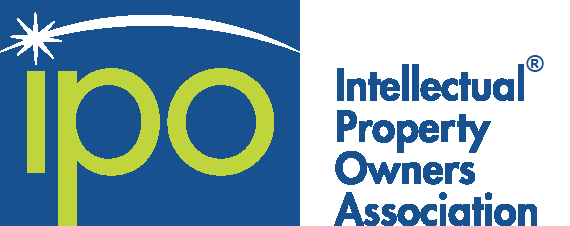Last month, Federal Circuit Judge Taranto, writing for a unanimous panel, laid out a complete road map to the admissibility of settlements in patent infringement litigation. That detailed opinion, Prism v. Sprint, is likely to put an end to the seven-year unsettled period that has followed the Federal Circuit decision in ResONet v. Lansa. That 2010 opinion upset case law reaching back to 1889 that rarely deemed settlement agreements admissible in patent infringement litigation. ResONet asserted, to the contrary, that “the most reliable license in this record arose out of litigation.” Since then, district courts have tended to follow their own inclinations on the issue, with some assessing the admissibility of settlements in a fact-dependent case-by-case analysis, and others remaining more inclined to exclude settlements.
In Prism, the Federal Circuit lays out a detailed scheme for the balancing act required under Rule 403, whereby a district court “may exclude relevant evidence if its probative value is substantially outweighed” by such dangers as unfair prejudice and misleading the jury. The opinion addresses such issues as:
- What evidence is needed to show value of the asserted patents when the old settlement covers more than the patents in the present controversy;
- How the timing of the settlement of an earlier dispute affects its probative value for a settlement late in trial, meaning the record was more fully developed; and
- How settlements are not that different from licenses, because “the potential for litigation…must loom over patent licenses generally, including those signed without any suit ever being filed.”
Our panel, which includes two litigators and a damages expert, will discuss how to best leverage Prism to keep settlements both in and out of evidence. They will also analyze Sprint’s recent filing of a petition for rehearing or rehearing en banc and discuss possible outcomes.
Speakers:
- Stephen Holzen, Stout Risius Ross
- Samuel Walling, Robins Kaplan LLP
- Karen Weil, Knobbe, Martens, Olson & Bear LLP

